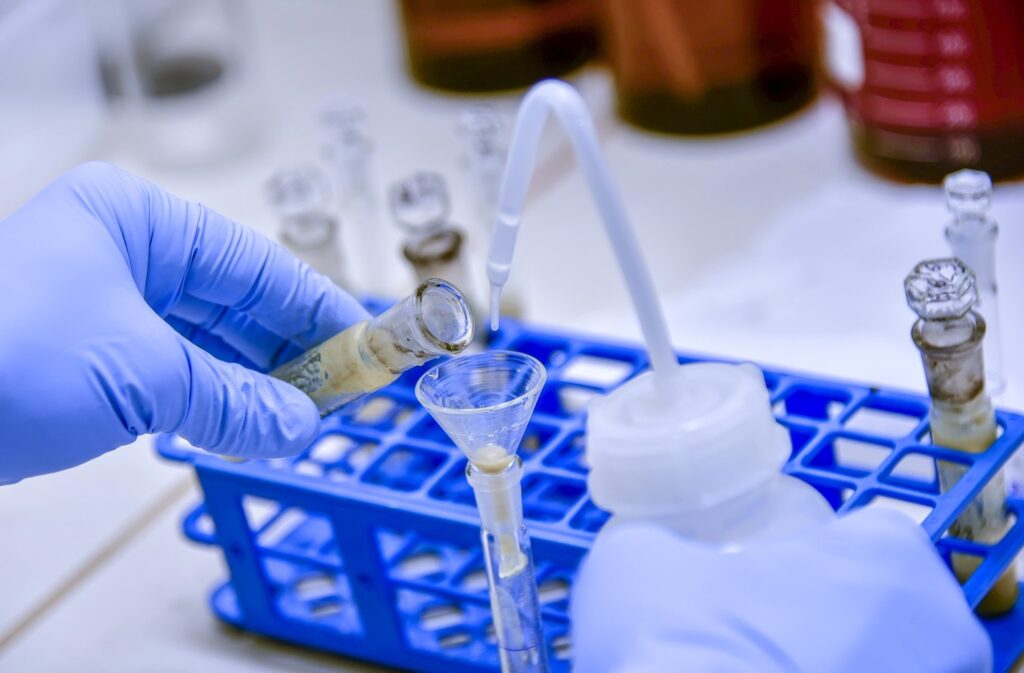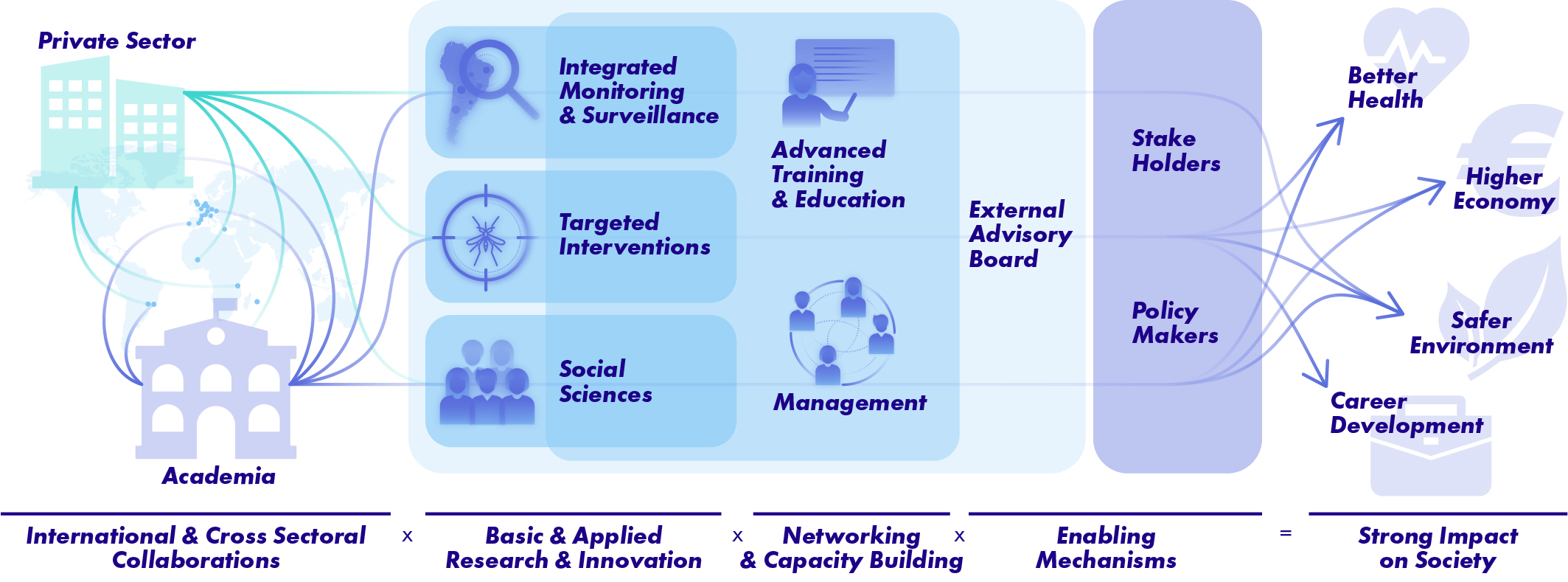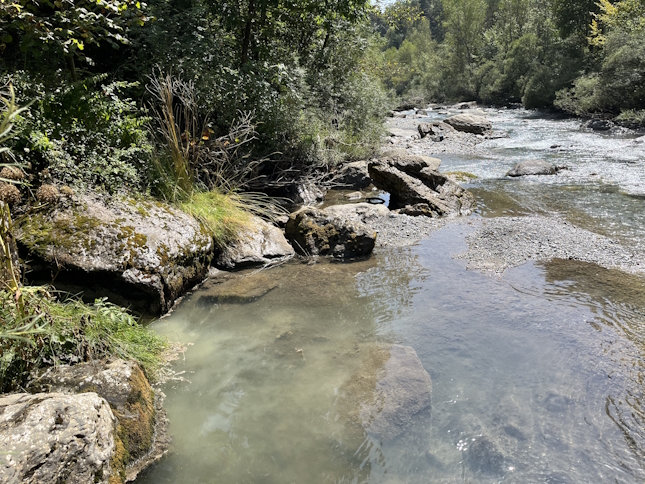Project colaboration
Vision of PRORISK is to provide a unique value by creating a novel platform for training a network of Early Stage Researchers (ESRs) in the field of advanced Environmental Risk Assessment (ERA). ERA is nowadays rapidly changing from relying on simplified descriptive laboratory tests to incorporating mechanistic, ecological and socio-economic process information. This revolutionizes the risk assessment making it increasingly comprehensive, realistic and relevant, also under consideration of other modulating effects such as non-chemical stressors or impact of global change.
ESRs in PRORISK will gain the abilities to address this major challenge in risk assessment paradigm shift. They will work as future experts at the interface between the key concepts of sustainable protection of ecosystems and health – i.e. adverse outcome pathways (AOPs) and ecosystem services. Young researchers within PRORISK will develop and integrate mechanistic understanding, in-depth analyses of chemical-biological interactions and exposure, and functioning of ecosystems. They will be able to tackle increasingly complex data. They also will be able to critically evaluate robustness of risk predictions and assess the socio-economic costs of environmental damage. PRORISK will allow the ESRs to develop the critical capability to synthesize processes across different levels of biological organization and different mechanistic, ecosystem and socio-economical concepts. This will empower ESRs to shape future regulatory missions protecting the ecosystems services and assuring thus sustainability of ecosystem services and prosperity long beyond the PRORISK project.









